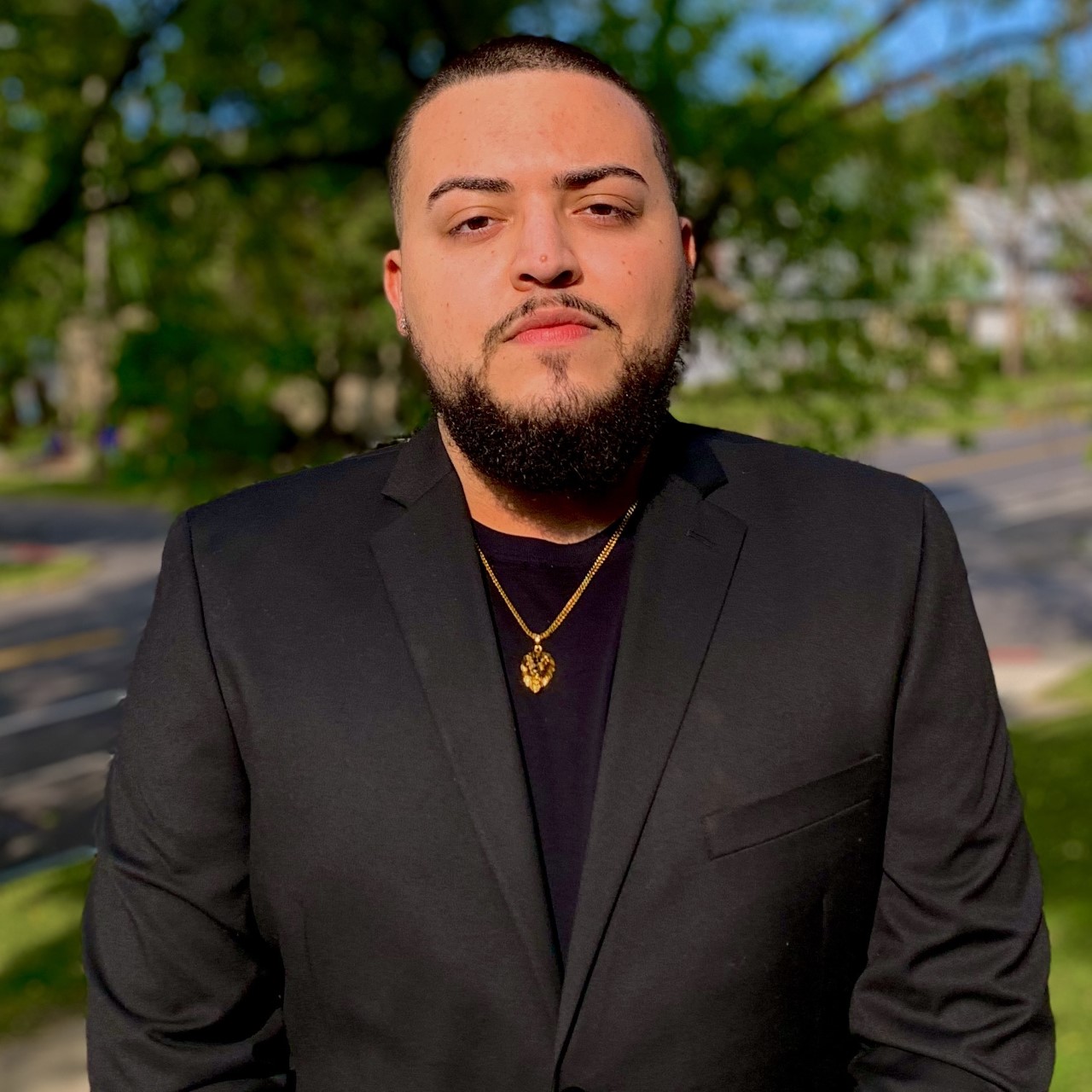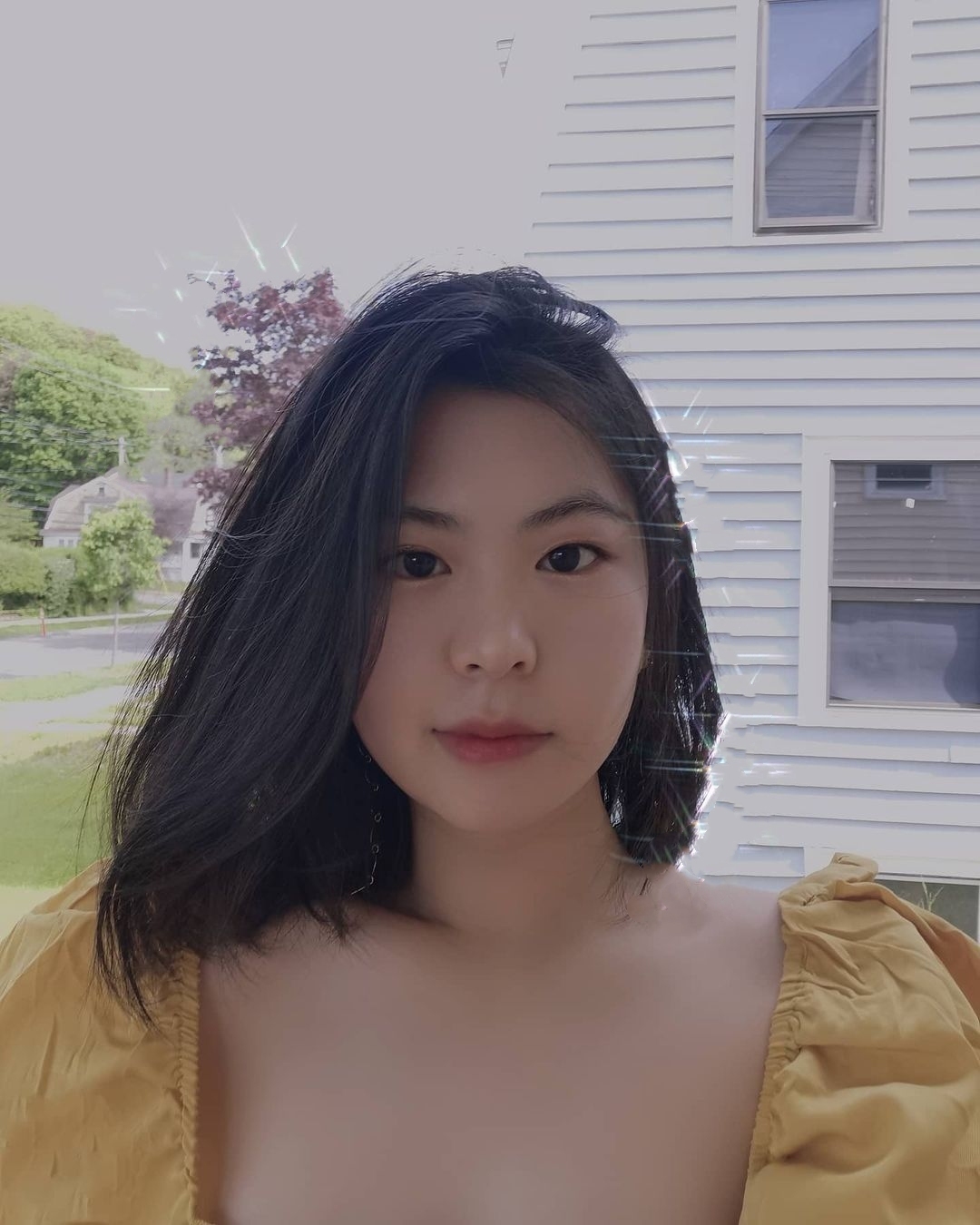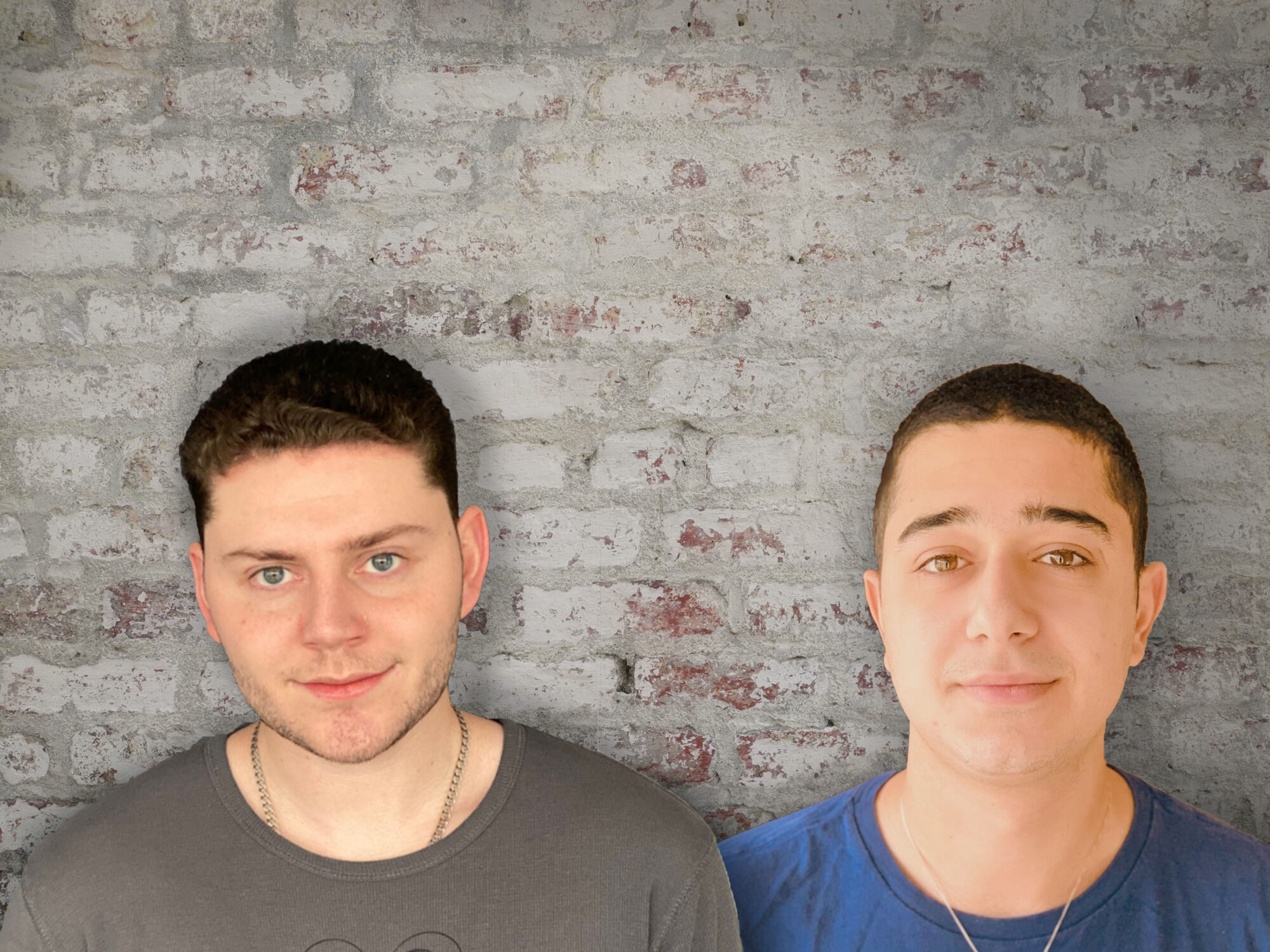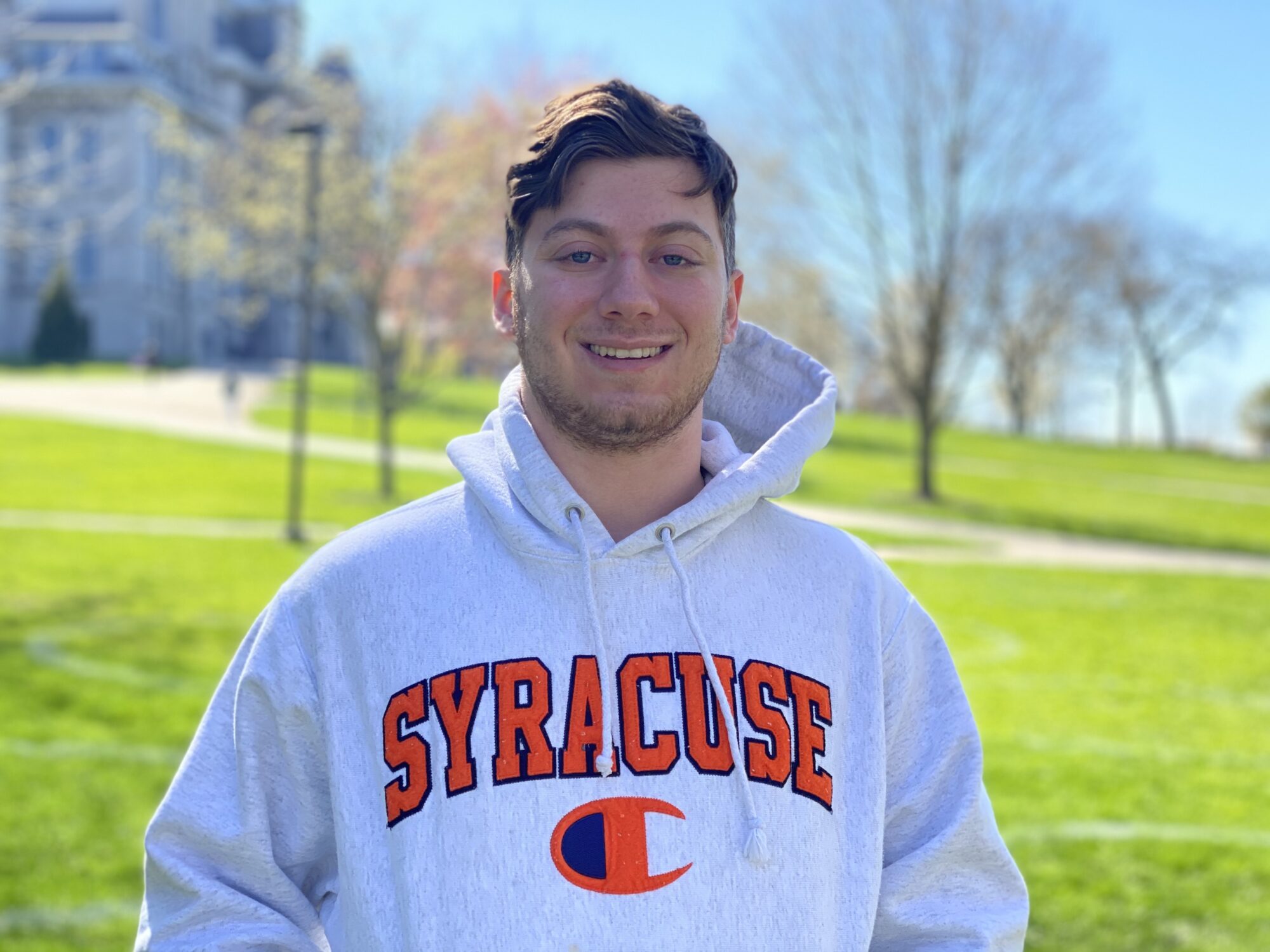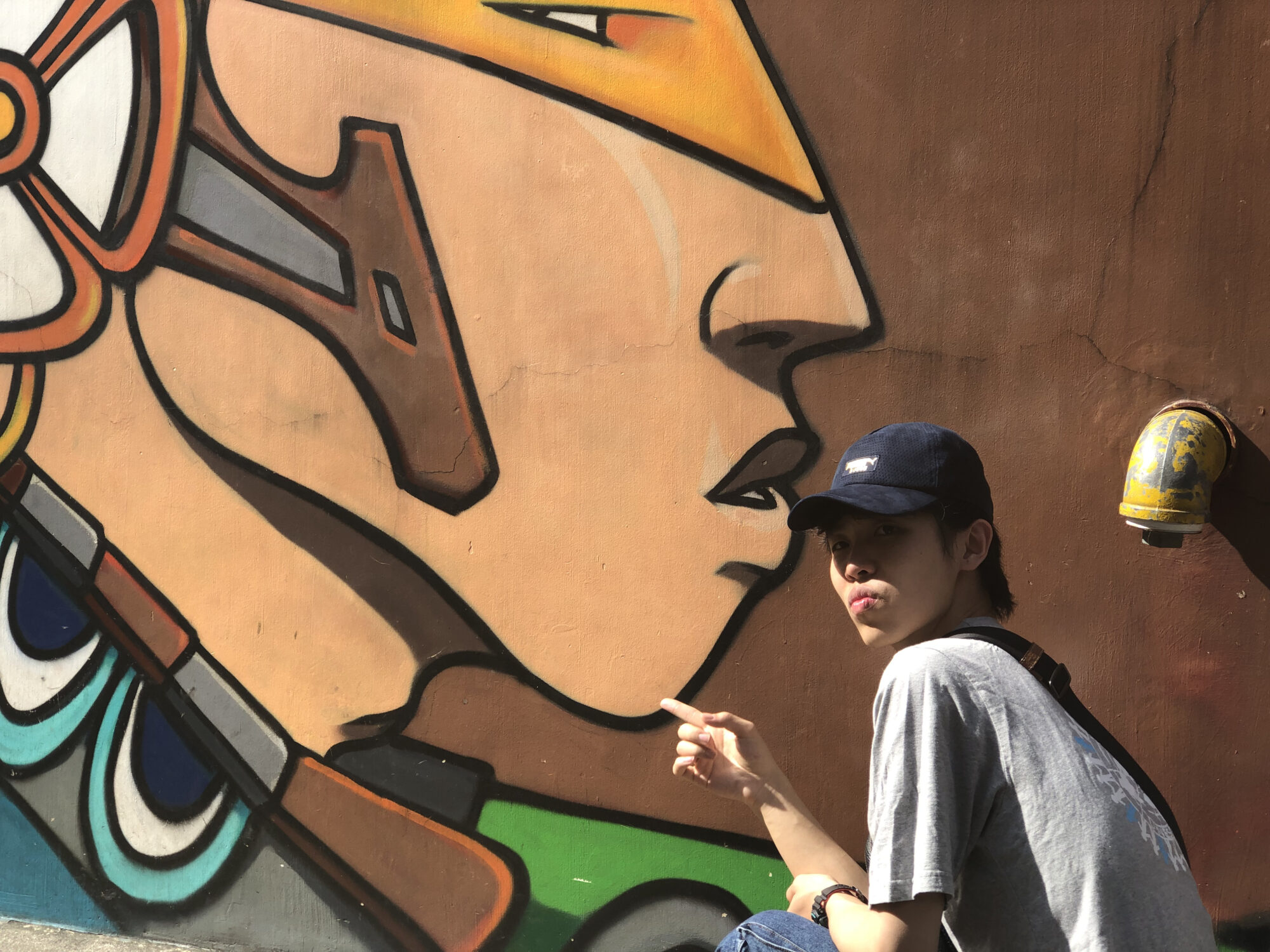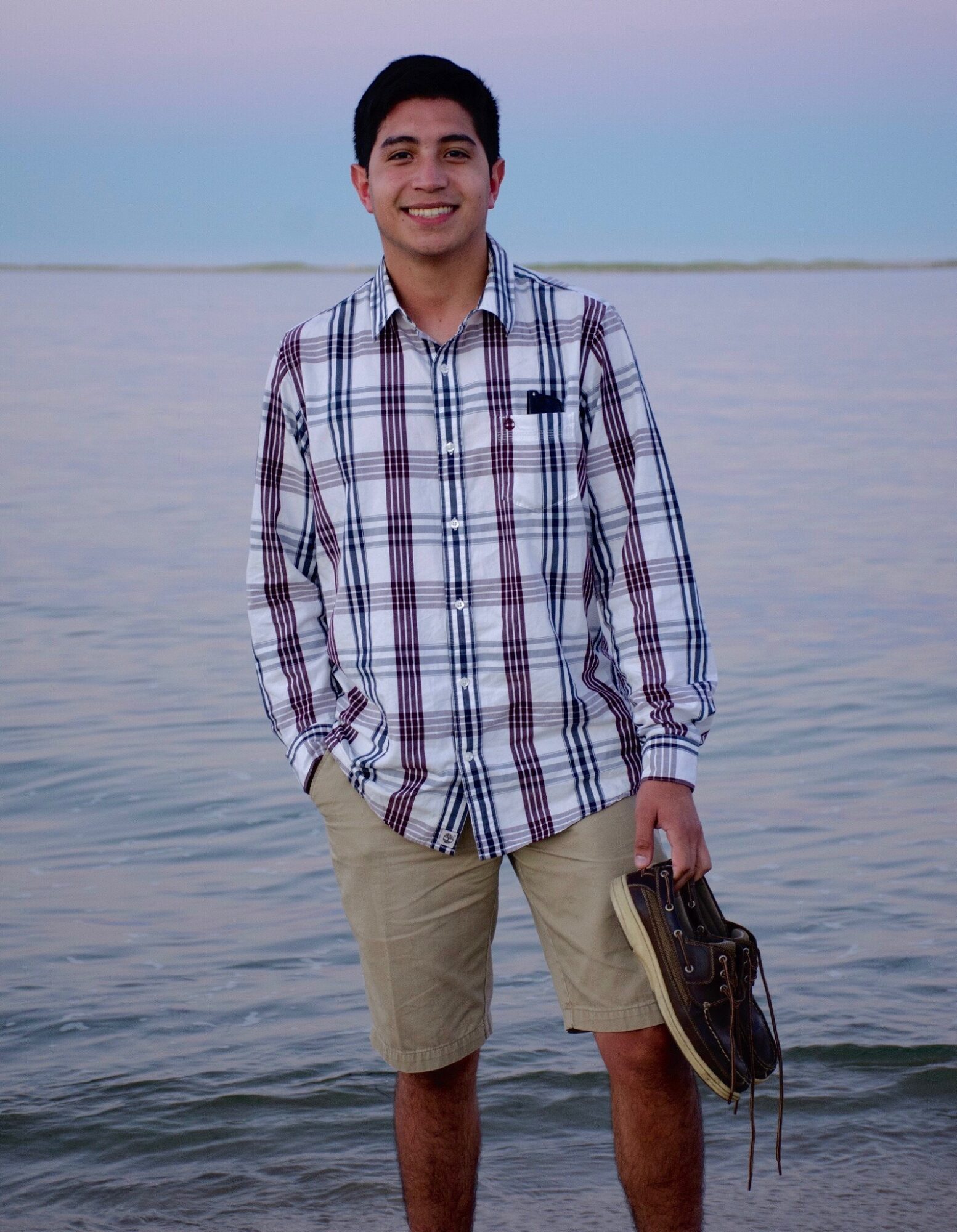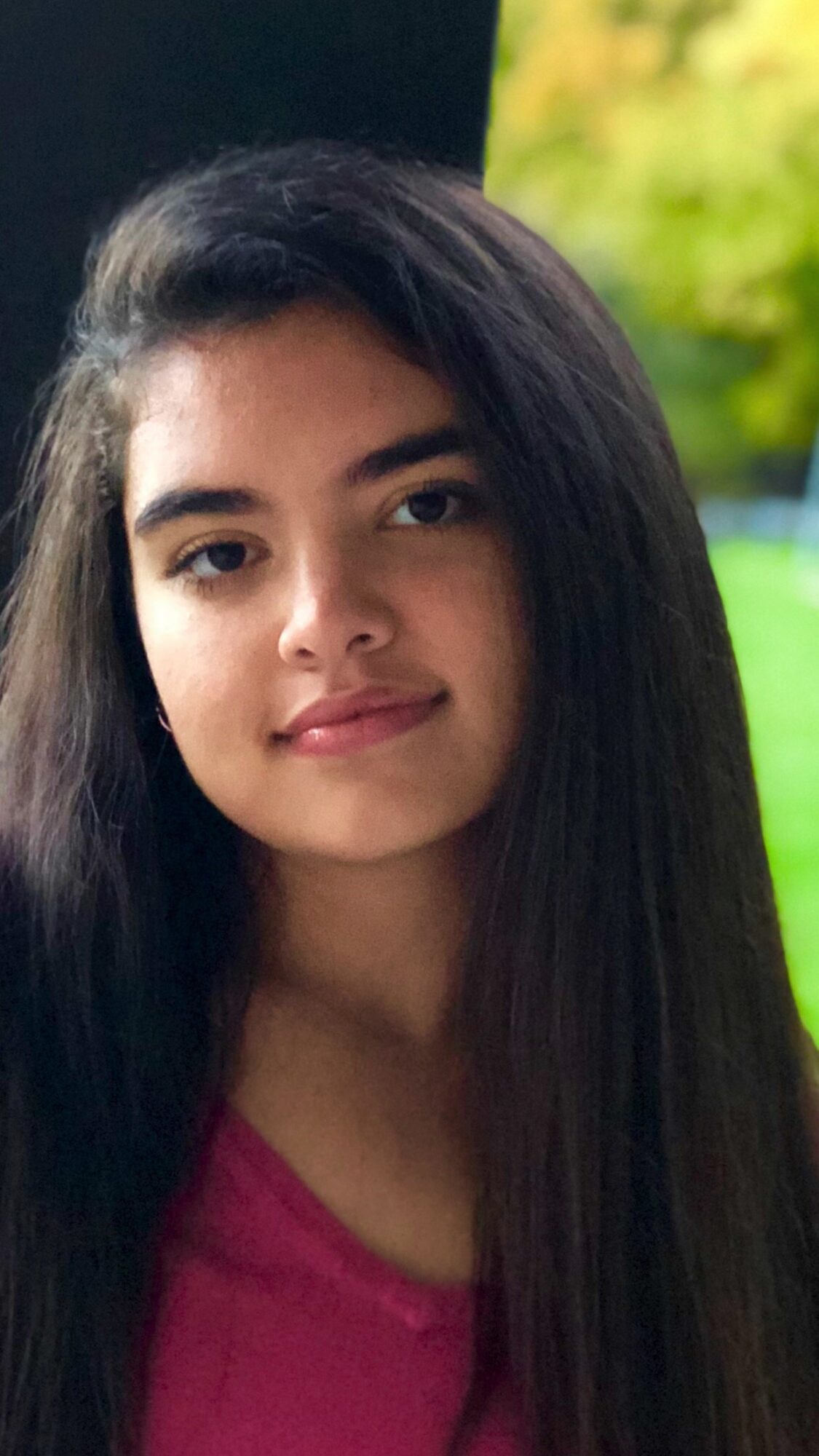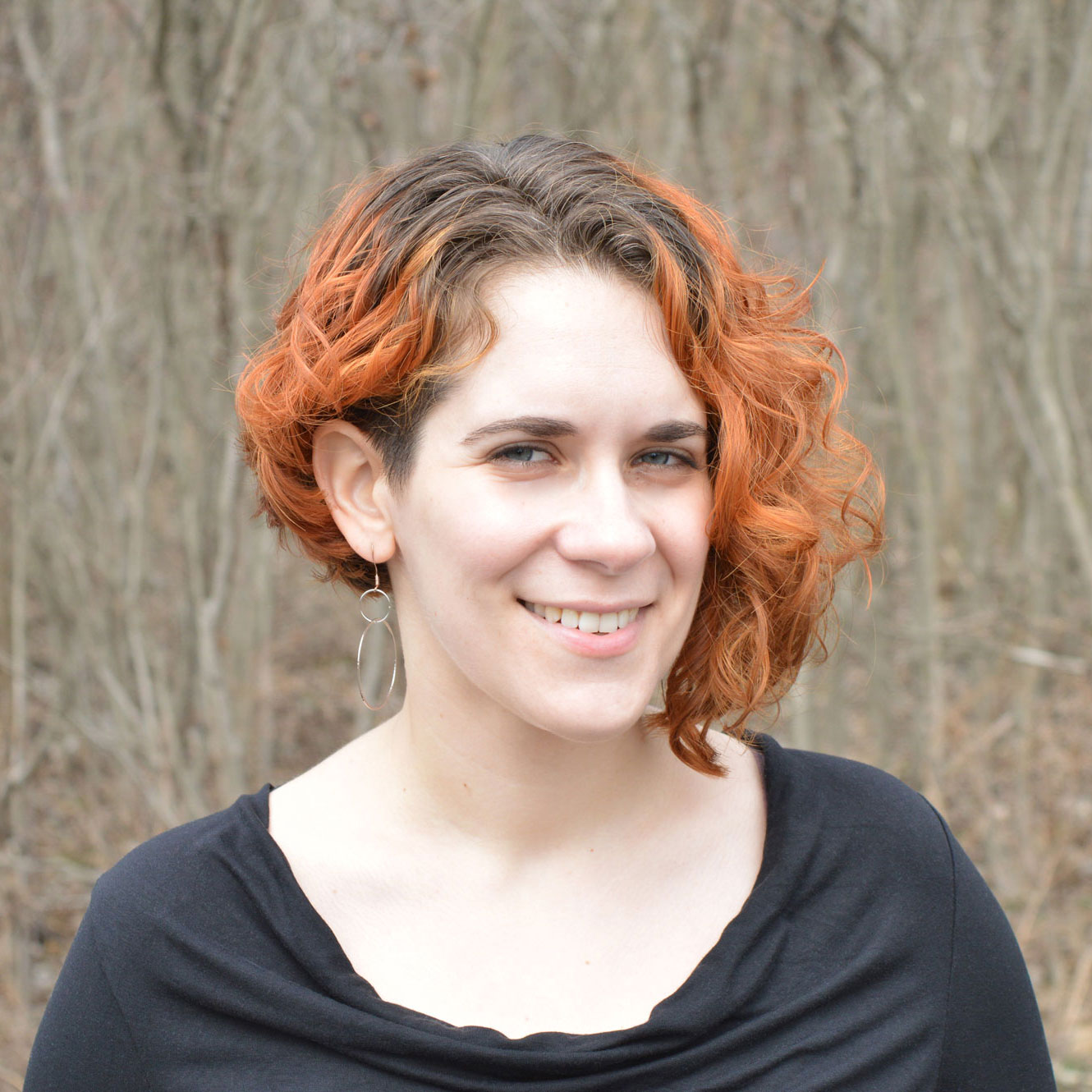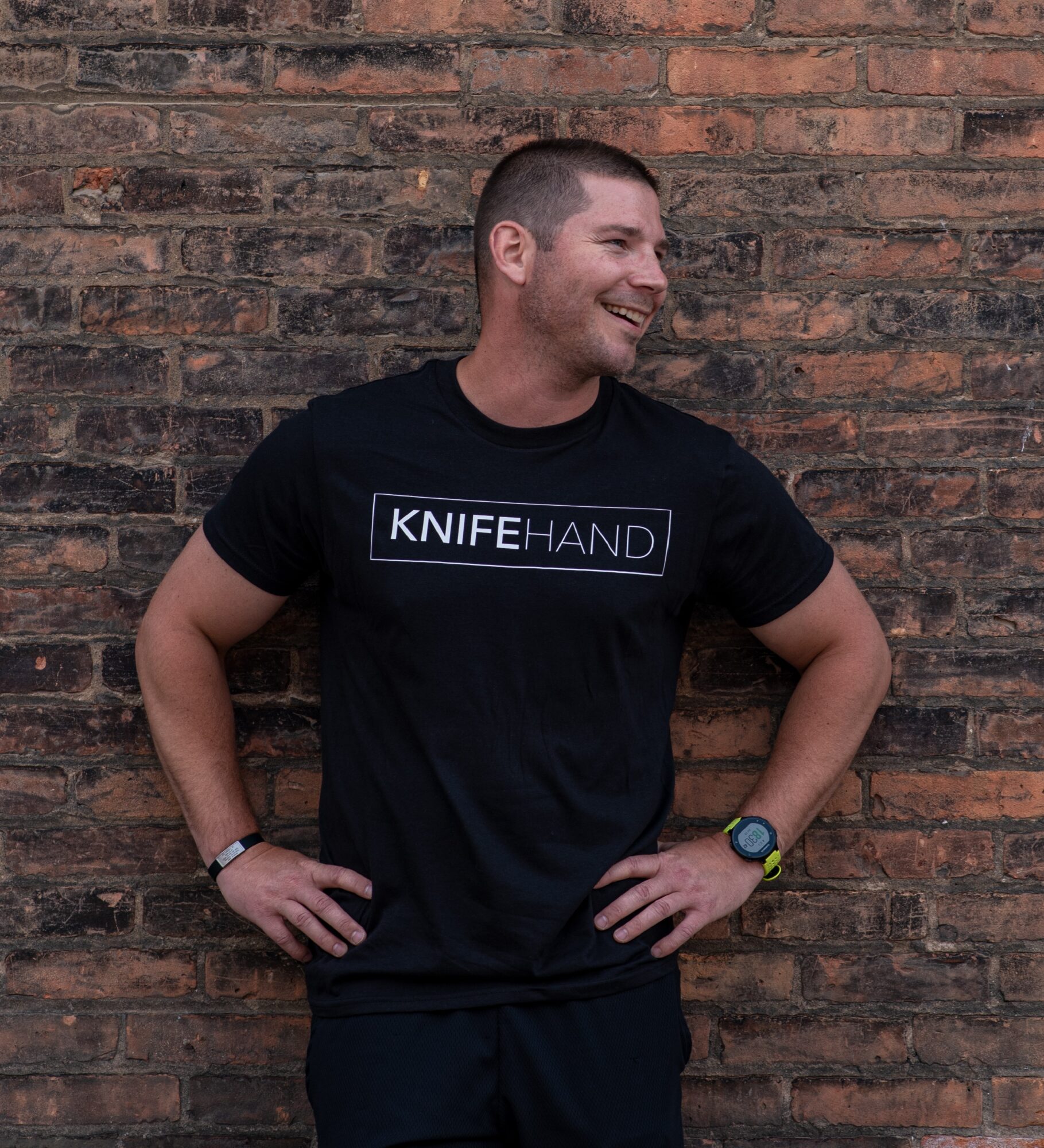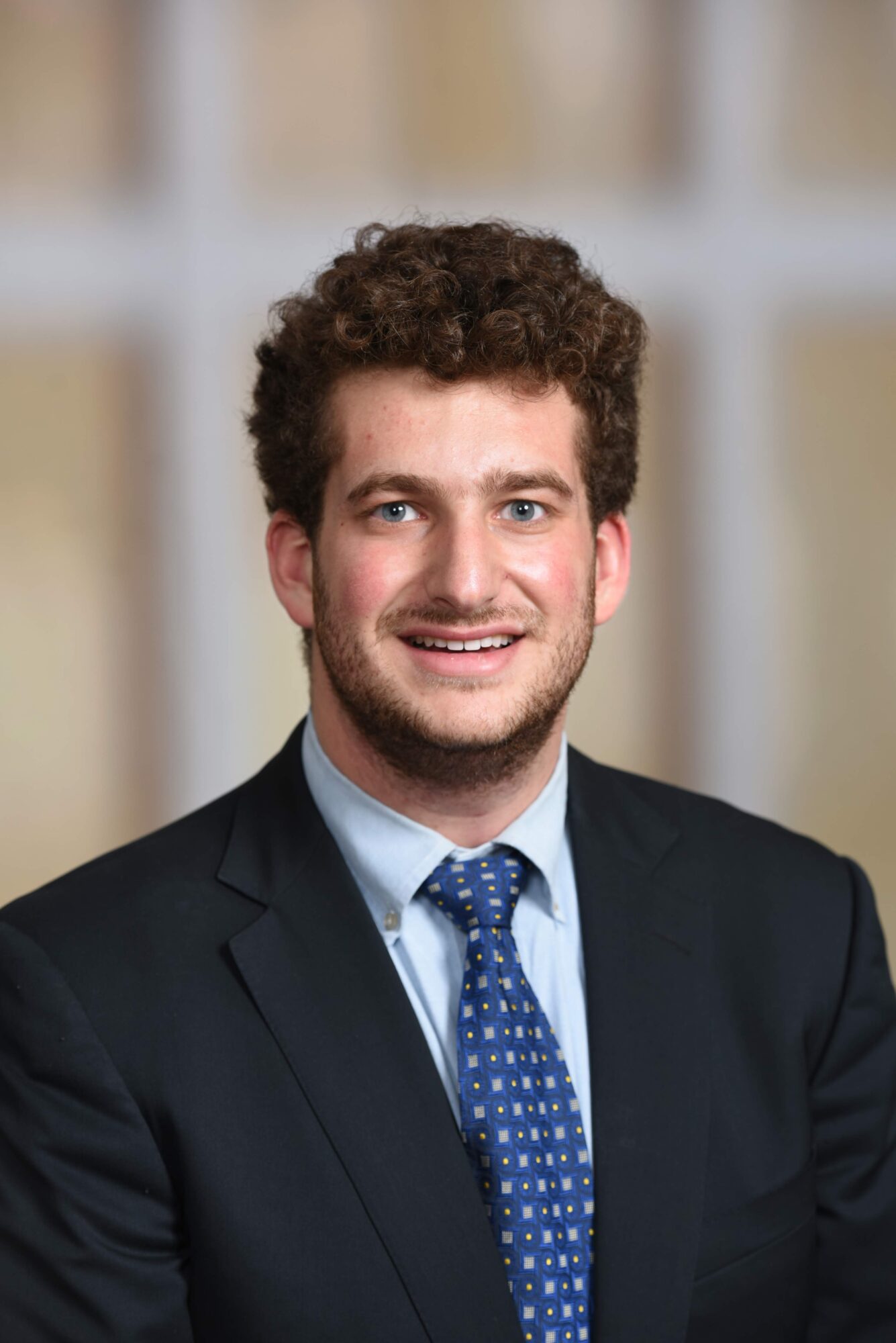
When COVID-19 sent all Syracuse students packing last March, then freshman Murray Lebovitz started recording and sharing his morning ritual: making a cup of coffee. Using the coffee equipment in his Chattanooga, Tenn. home, Lebovitz discussed in these videos his process of grinding the beans, heating the water and eventually brewing the coffee. He would then review his own work.
His followers enjoyed the content, and he quickly realized the opportunity he had. At the time social media platforms like TikTok and Instagram were abuzz with do-it-yourself projects, recipes and life-hacks. He could help usher that DIY content to the coffee world.
So, he started an Instagram page, Keep Coffee Casual. In launching the Instagram account, he hopes to make the world of coffee more accessible. At the moment, price and culture barriers lock out many people from enjoying delicious coffee, said Lebovitz. There is also the problem of sourcing, which has long disenfranchised coffee growers in tropical, predominately poorer countries.
Lebovitz, currently a one-man team, is on a mission to challenge these issues in the coffee enthusiast community. Now a sophomore, he is an undeclared student in Whitman, but he hopes to study Supply Chain Management and Entrepreneurship and Emerging Enterprises. This past fall he competed in four Blackstone Launchpad & Techstars competitions, developing his pitch and presentation delivery each time.
He did all this while starting to sell his own cold brew coffee, developing a content strategy and growing his following on Instagram.
“I feel really great being able to represent coffee,” said Lebovitz. “It’s that luxury item that people don’t really talk about.”
While he wasn’t able physically work out of the LaunchPad & Techstars hub in Bird Library this past fall due to COVID-19 restrictions, he participated in many coaching sessions with staff and LaunchPad peer mentors. Lebovitz says that the LaunchPad has been instrumental in his motivation to keep pushing forward. The competitions and mentorship have allowed him to keep refining his idea, developing his value proposition and pitching Keep Coffee Casual.
He is now looking to build out his team with other coffee enthusiasts who bring a variety of skill sets to bringing his idea to life.
Lebovitz has been connecting with coffee professionals in Syracuse to start creating this inclusive coffee community he set out to create. He has begun conversations with Café owners, roasters and enthusiasts to understand their needs.
Lebovitz is committed to bringing coffee into the homes of a wider, more inclusive swath of people. His most important piece of advice? Buy local.
Story by Patrick Linehan ‘21, LaunchPad Global Fellow; photo supplied by Murray Lebovitz.
Be part of it! Keep Coffee Casual is creating access to the future of coffee. Build modern coffee culture through sustainability, inclusion, and creativity. Great coffee is just around the corner and the team wants to brew it with you! Keep Coffee Casual is currently looking to expand the team with students passionate about coffee. Coffee brews creativity within us in each sip and Keep Coffee Casual is looking for students who want to explore what makes you unique. Roles include social media coordinator, web designer and photographer/videographer. If you love coffee and want to be part of the team drop Lebovitz a line at mslebovi@syr.edu
